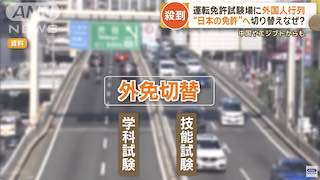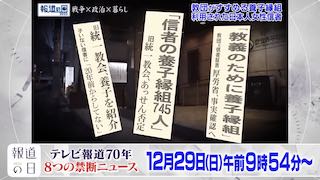Apr 21 (theguardian.com) - It has charmed critics and attracted big audiences in the UK and the US, but the TV adaptation of Min Jin Lee’s bestselling novel Pachinko has barely merited a mention in one of the countries that inspired it.
The eight-part drama, currently streaming on Apple TV+, evokes the universal migrant experience, but it is also an uncomfortable reminder of the bitter historical legacy of Japan’s colonial rule over the Korean peninsula.
The story of a family who leave Busan in South Korea for Osaka’s Korean quarter in the early 20th century, Pachinko’s narrative draws on the real-life experiences of the zainichi, the name for people of Korean descent who form one of Japan’s biggest ethnic minorities.
Kang Mijija’s family moved to Japan after the second world war, and encountered a country that offered opportunity, but at a price. As immigrants hailing from the Korean peninsula – freed from 35 years of Japanese colonial rule at the end of the second world war – they were easy targets for locals who despised their new neighbours.
“People threw water and even stones at my aunties,” Kang, a second-generation zainichi, told the Guardian at a café in Tsuruhashi, an Osaka neighbourhood with a large ethnic Korean community. “That was a really difficult time. Now we live in a grey zone … those extremes have gone, but there is still systemic discrimination and hate speech.”
Kang’s parents were first-generation zainichi – Japan’s 430,000-strong Korean diaspora, many of them the descendants of people forcibly brought to Japan as labourers before and during the second world war.
Just as Pachinko – named after the pinball-like gaming machine that has given many ethnic Koreans a livelihood– appeared last month, audiences in Japan were confronted with another chapter in their country’s troubled relationship with its neighbour. ...continue reading














